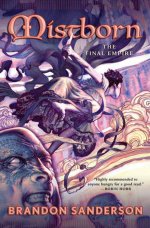Ah, okay.
I think the books flawed, and very uneven.
There re some superb sections (the Ents, the Mines of Moria), some terrific characters (Gandalf, Saruman, Gollum), some ideas - once original, now a somewhat tired cliché - the idea of weak kings, evil counsellors, fueding brothers, the Wise Mentor, kings who will be revealed by destiny, gorgoeus and impossibly attractive elves, grasping dwarves, bucolic bliss, and so on, and some absolutely awful characters (Tolkien couldn't write a credible female character to save his life, and Frodo and Samwise do not - remotely - appeal), and some sections that just drag interminably.
I far preferred Bilbo - wise, witty, humane, sane, brave but not reckless, with a perfectly understandble appetite for many of the good things that life has to offer, - to Frodo, and would have liked to have read about his quest, and what that journey would have done to him and how he would have coped with it.


